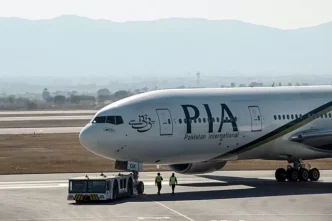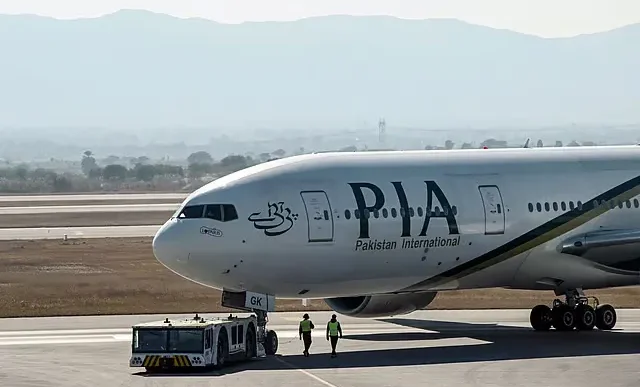Dubai’s latest policy allows free zone businesses to expand their operations into the mainland, offering significant growth opportunities. However, business owners must remain cautious about tax requirements and maintain compliance with the UAE’s corporate tax regulations.
Under the new rule, companies based in Dubai’s free zones now have more flexibility to open branch offices and diversify their business activities within the mainland. This new move is significant, especially given the recent implementation of a corporate tax regime in the UAE. The tax reform introduces a 9% corporate tax for businesses operating outside designated free zones, while companies in these zones can continue to benefit from a 0% tax rate—provided they meet specific criteria.
The policy change is expected to boost Dubai’s appeal to entrepreneurs and enterprises, as they now have access to a broader spectrum of business opportunities. Atik Munshi, Managing Partner at Finexpertiza UAE, notes that while free zone businesses were already allowed to open mainland branches before, restrictions and procedural hurdles often made the process challenging. With the new clarification, however, free zone enterprises can now seamlessly integrate their operations into Dubai’s mainland. This opens up the possibility for other emirates to adopt similar policies, further facilitating business growth across the UAE.
Key Benefits and Precautions
Businesses will no longer face the inconvenience of maintaining separate physical offices for mainland operations. This flexibility makes it easier for businesses to tap into a wider customer base and engage in more diverse activities. However, there are important tax considerations. Free zone businesses will still need to maintain separate records for tax purposes to preserve their 0% tax status.
Jai Prakash Agarwal, Vice-Chairman at ICAI Dubai Chapter, highlights the need for businesses to manage their operations carefully to retain tax relief. He advises businesses to ensure clear boundaries between their free zone activities and mainland branches and to comply with tax regulations to avoid losing corporate tax exemptions. “Failure to comply could result in a loss of tax benefits for five years consecutively,” warns Agarwal.
Future Steps and Compliance
To further streamline the process, the Dubai Department of Economy & Tourism (DET), in coordination with the licensing authorities, will issue a list of approved business activities available to free zone businesses within Dubai’s mainland. Companies are expected to adhere to the new provisions within one year of the policy’s implementation, with an option for a one-year extension, depending on the Director-General’s discretion.
However, some activities may still require approval from the DET, and businesses will need to navigate this process. Jeet Gianchandani, founder partner at JCA, emphasizes that while the No-Objection Certificate (NoC) requirement has been lifted for mainland operations, businesses should stay tuned for further clarifications on specific activities that may need approval.
Corporate Tax Eligibility and Conditions
To continue enjoying the benefits of a 0% corporate tax rate, free zone entities must ensure they meet several key conditions:
- Maintain “adequate substance” in the free zone
- Derive qualifying income
- Avoid opting for the 9% corporate tax rate
- Comply with the arm’s length principle for transactions with related parties
- Keep transfer pricing documentation and audited financial statements
- Ensure that non-qualifying revenue does not exceed the lower of Dh5 million or 5% of total revenue
In conclusion, the Dubai government’s new initiative opens up exciting opportunities for free zone businesses to expand into the mainland, boosting business prospects across various sectors. However, careful attention to tax compliance and documentation will be essential for businesses to maximize the benefits of this expansion.





